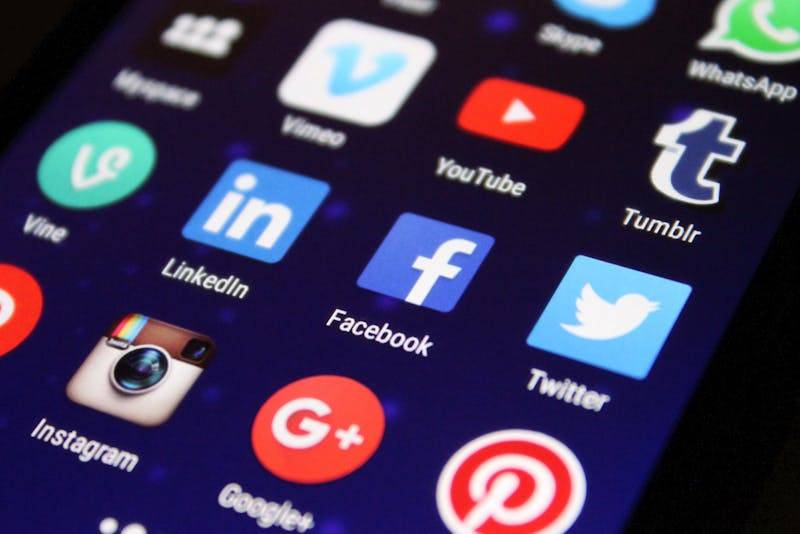Introduction to the Internet
The Internet is a vast global network that connects billions of devices, enabling instant communication, information sharing, and countless digital services. It has revolutionized nearly every aspect of modern life, from communication and commerce to entertainment and education. Without the Internet, the world as we know it today would be vastly different.
History and Evolution of the Internet
The Internet originated from the ARPANET, a project developed by the U.S. Department of Defense in the late 1960s. It was designed to connect research institutions and create a robust communication system. Over the decades, advancements like the World Wide Web (WWW) in 1989 and the rise of broadband transformed it into the powerful global tool we use today.

How the Internet Works
The Internet functions through a vast network of interconnected computers and servers. When you access a website, your request travels through multiple pathways, including:
- Internet Service Providers (ISPs) – Companies that provide Internet access.
- Routers and Servers – Devices that direct and store data.
- Protocols (TCP/IP, HTTP, DNS) – Rules governing data transfer and website addresses.
The World Wide Web (WWW)
The World Wide Web (WWW) is a system of interlinked documents and websites accessible via browsers like Google Chrome, Firefox, and Safari. It is often mistaken for the Internet itself, but it is only a part of the larger Internet infrastructure.
Types of Internet Connections
The Internet can be accessed through various methods, including:
- Dial-up (outdated but still used in remote areas)
- Broadband (DSL, fiber-optic, cable)
- Mobile Internet (3G, 4G, 5G, satellite)
The Role of the Internet in Communication
The Internet has changed the way we communicate:
- Emails and instant messaging (Gmail, WhatsApp, Telegram)
- Social media platforms (Facebook, Twitter, Instagram)
- Video conferencing (Zoom, Microsoft Teams, Skype)
E‑Commerce and Online Business
Online shopping and digital businesses have exploded with the rise of the Internet:
- E‑commerce giants (Amazon, eBay, Alibaba)
- Digital payment systems (PayPal, cryptocurrency, Apple Pay)
- Dropshipping and online entrepreneurship
Internet Security and Privacy
The Internet also poses security risks, including:
- Cyberattacks (hacking, malware, phishing scams)
- Data breaches and identity theft
- Best practices: Using strong passwords, VPNs, and two-factor authentication
The Deep Web and Dark Web
Beyond the surface web, the Deep Web consists of private networks, academic databases, and other non-public content. The Dark Web, on the other hand, is an encrypted section of the Internet often associated with anonymity and illicit activities.
The Internet of Things (IoT)
The Internet of Things (IoT) connects everyday devices to the Internet, allowing smart homes, wearable tech, and industrial automation. While convenient, IoT security remains a major concern.
The Future of the Internet
Emerging technologies shaping the future of the Internet include:
- Artificial Intelligence (AI) and automation
- Blockchain and decentralized web systems
- Space-based Internet (Starlink, satellite networks)
Frequently Asked Questions About the Internet
- Who controls the Internet?
No single entity owns the Internet; it is a decentralized network managed by multiple organizations. - How fast is the Internet growing?
Billions of new devices connect to the Internet each year. - What happens if the Internet crashes?
A total Internet shutdown is unlikely, but major outages can occur due to cyberattacks or infrastructure failures. - What is the difference between the Internet and the World Wide Web?
The Internet is the global network, while the Web is a service running on it. - Is the Internet free?
Access to the Internet usually requires payment, but many services (like search engines and social media) are free.
Conclusion
The Internet is one of the greatest innovations in human history, continuously evolving to shape the future. Whether through communication, business, or entertainment, its influence is undeniable.
